What do last night’s Academy Awards and Black authors have in common? You may recall a tweet by Stephen King in January in which he claimed, “…I would never consider diversity in matters of art. Only quality. It seems to me that to do otherwise would be wrong.” For King, “those judging creative excellence should be blind to questions of race, gender or sexual orientation.”
King ignored two important considerations. One, is that diversity matters and it especially matters because racialized identities are often excluded in storytelling. Second, quality is undermined when we exclude these diverse voices and lived experiences.
King later published an op-ed in the Washington Post walking back his comment, well sort of. He acknowledged his privilege in this “diversity discussion”, as a man who is “white, male, old and rich”. What King completely missed, and what many in the publishing world and film industry fail to recognize, is that when we don’t tell the stories that reflect the diverse identities within our society, we erase these identities and we silence so many voices.
As a child who loved books, I craved stories with characters I could relate to, who looked like me, who had similar experiences and backgrounds as I did. But I grew up in a world where writers like Judy Blume, Roald Dahl and Dr. Seuss presented narratives and characters who looked nothing like me.
Books about Africa were often limited to stories about poor village life, ignoring the bustling, city life, suburbs and cafés that are familiar to me. The story of Africa was, and still is, reduced to a single story, as captured so perfectly by Chimamanda Ngozi Adichie.
In school, the rare occasions we learned about Black people was in English literature where students studied Heart of Darkness, to Kill a Mockingbird or Othello; literature that deploys racist imagery and stereotypes of what it means to be Black or that is steeped in a history of blackface minstrelsy. Like many Black students, I felt silenced and invisible. For many non-Black students, this type of literature narrowed their understanding of the world and their understanding of what it means to be Black.
The voices of Black storytellers have historically been excluded from mainstream media. According to Lee & Low Books, the largest multicultural children’s book publisher in the United States, only five percent of authors in the publishing world identify as Black/African American, in an industry where 76 percent of publishing staff, review journal staff, and literary agents are white.
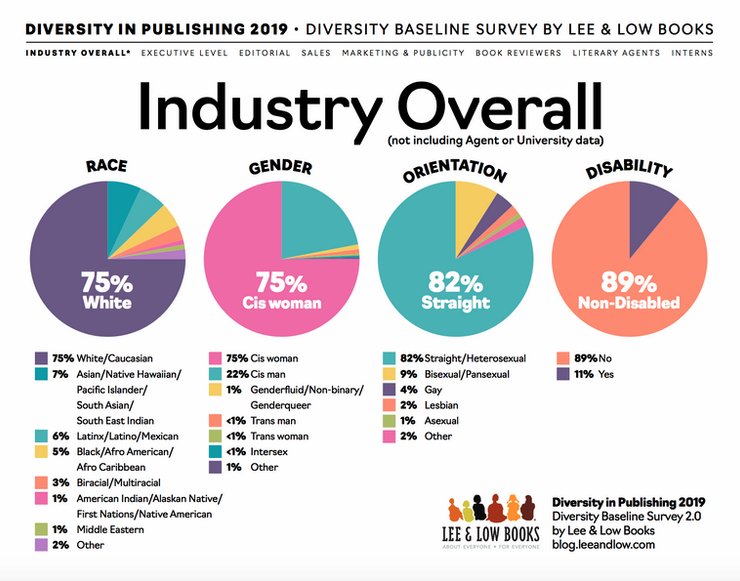
By celebrating and supporting Black authors and publishers we can enable more authentic storytelling that reflects Black experiences, identities and voices. Selecting literature by Black writers is especially important during Black History Month. When choosing books about Black historical figures, it is important to consider who is telling their story. Stories should be told with #ownvoices, a term coined by Corinne Duyvis “to recommend kidlit about diverse characters written by authors from that same diverse group.” So if you’re looking for a book about Viola Desmond, consider Viola Desmond Won’t Be Budged or La détermination de Viola Desmond by Jody Nyasha Warner.
Books written by Black people are more likely to avoid stereotypes, biases and less likely to exoticize Black bodies. Books by Black authors depict Black people with everyday experiences. We love Rocket Says Look Up! written by Nathan Bryon and illustrated by Dapo Adeola because of its beautiful celebration of an aspiring astronaut, an image we rarely see associated with young Black girls. Imagine a world where young Black girls and boys see themselves reflected as scientists, astronauts and engineers?
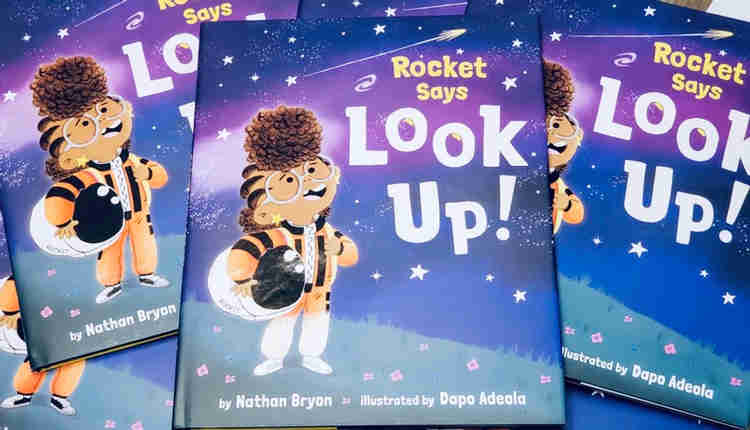
Books by Black authors are able to tackle complex issues with awareness and authenticity. Lupita Nyong’o’s, Sulwe explores colourism through fantasy and insightful prose. For Nyong’o’, “I definitely grew up feeling uncomfortable with my skin colour because I felt like the world around me awarded lighter skin”. Through her lived experience with colourism, Nyong’o was able to frame a beautiful narrative that resonates with many audiences. Publishing these types of stories is important for everyone, including those who may not have to grapple with these issues.
But what about white authors who write stories with Black characters? Don’t we want to celebrate that diversity? I adore books like Ada Twist, Scientist written by Andrea Beaty and illustrated by David Roberts or What If… written by Samantha Berger and illustrated by Mike Curato. While these stories reinforce positive images of Black people, there is a significant under-representation of Black writers and publishers, whom we need to support.
The Cooperative Children’s Book Center has published data on “Children’s Books By and/or About People of Color and First/Native Nations”. Of the 3,653 books it received in 2018, 202 were written by African or African American authors. Another 405 books were written about Africans or African Americans. This suggests that not only are Black authors not publishing stories, most books written about Black people are not even written by people who identify as Black.
Supporting Black authors means creating opportunities for them to tell their stories. There are many ways in which we can do so. We may start by reviewing the books in our homes, our classrooms and libraries and reflecting on who is telling the story? How is the story being told? How are the characters depicted?
As creatures of habit, we may often resort to what is familiar to us. Instead of filling our libraries with “the classics”, consider books with Black protagonists who have agency such as Just Mercy by Bryan Stevenson or Washington Black by Esi Edugyan. Instead of Dr. Seuss, Roald Dahl or Shakespeare, consider Austin Clarke, Chimamanda Ngozi Adichie, Dionne Brand or even the 29 Black Authors to Support During Black History Month and Beyond.
Black History Month is a perfect opportunity to learn about Black authors, playwrights and poets. Check out our Diversity Library with more great books by Black authors and please share with us your favourite books and authors.
Happy reading!

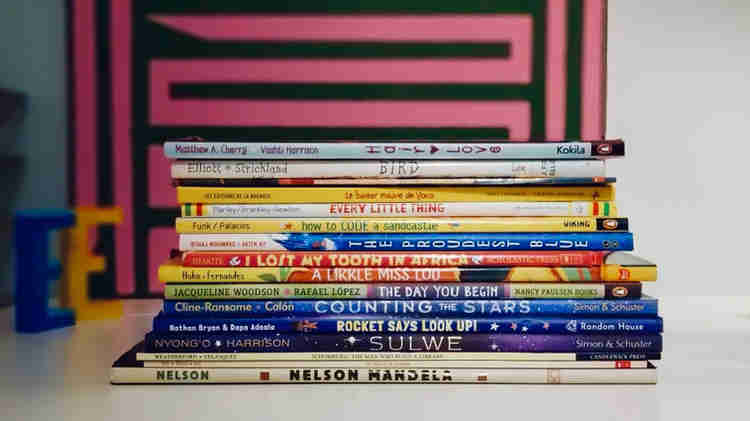

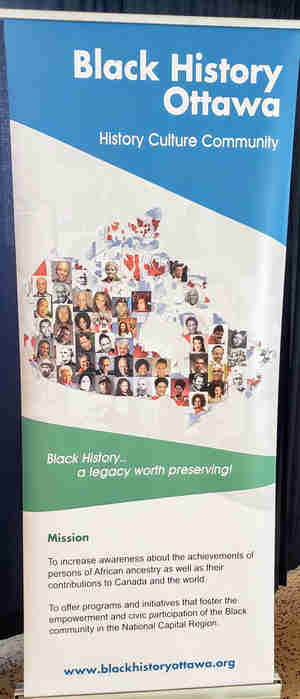
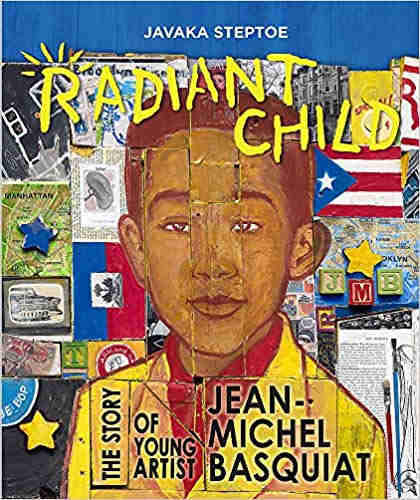
Appreciation to my father who stated to me regarding this web site, this blog is
truly remarkable.
Excellent blog you’ve got here.. It’s difficult to find quality writing like yours these days.
I really appreciate individuals like you! Take care!!
It’s nearly impossible to find well-informed people for this
topic, but you sound like you know what you’re talking about!
Thanks